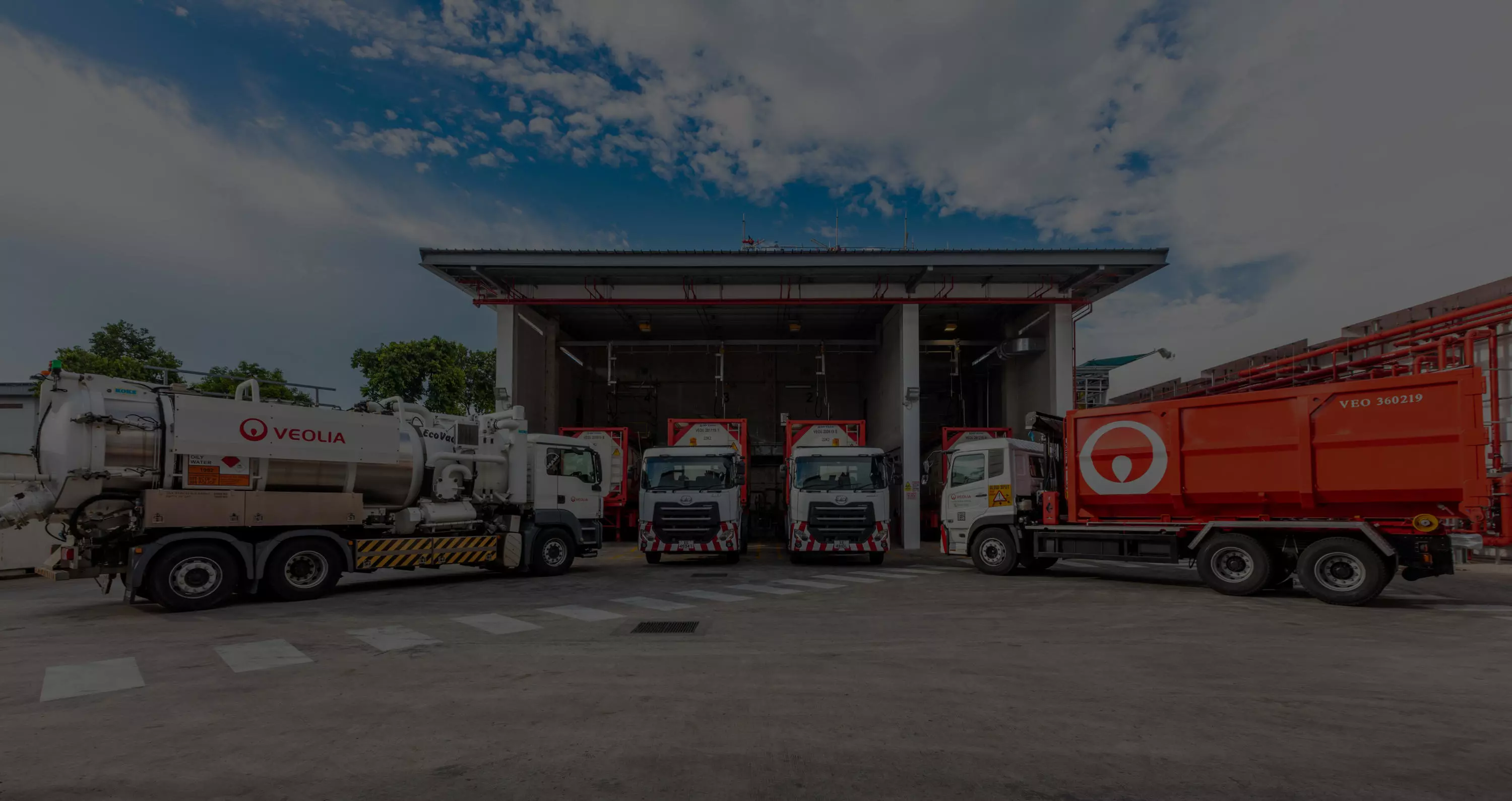WASTE CHALLENGES - THAILAND’S F&B SECTOR
Managing Waste for a Sustainable F&B Future
The food and beverage sector in Thailand faces increasing challenges in managing the large volumes of waste it generates, including organic by-products, packaging, and industrial residues. Managing these streams is becoming more complex as companies must comply with stricter environmental regulations, meet rising expectations for sustainable practices, and maintain operational efficiency while reducing landfill use and environmental impact.
- Rising operational costs for waste handling, treatment, and disposal
- Compliance with stricter regulations on treatment, recycling, and disposal
- Pressure to minimize landfill use and reduce greenhouse gas emissions
- Growing expectations from consumers and investors for measurable sustainability performance
- Lost opportunities for energy recovery and resource reuse from poorly managed waste
To remain competitive and sustainable, F&B businesses need innovative solutions that turn waste into energy, recover valuable materials, and optimize overall resource management.
What is Chonburi Clean Energy?
Chonburi Clean Energy (CCE) is an innovative waste-to-energy facility in Thailand that transforms non-hazardous industrial waste into renewable electricity. The plant processes over 270 tonnes of waste per day, generating 8.63 MW of clean energy while reusing residual materials and avoiding significant CO₂ emissions. CCE demonstrates how F&B waste can be turned into a valuable resource, supporting both sustainability and operational efficiency.
270
tonnes of waste per day are processed at the facility, converting non-hazardous industrial waste into renewable energy
8.63
MW of electricity is generated from this waste, providing clean energy to the grid
50%
of residual ash is reused in construction materials, reducing landfill use
26,338
tonnes of CO₂ emissions are avoided each year through this process
Integrated Waste Solutions for F&B
- Industrial Waste Management: Treatment and valorization of industrial waste, to minimize environmental impact.
- Recycling & Energy Recovery: Conversion of non-recyclable waste into renewable energy.
Veolia’s facilities in Thailand are equipped to handle a wide range of waste streams, including:
- Non-hazardous industrial waste: foam, plastic, paper, rubber, and other scraps from manufacturing processes
- RDF (Refuse Derived Fuel): pre-treated waste with high calorific value
- Other waste streams: organic waste, commercial and institutional waste, etc.

OTHER SOLUTIONS FOR F&B
Explore our complementary solutions for Energy and Water
Veolia support you to build a fully integrated resource strategy.
CONTACT US
How can we help you?
Our experts turn your waste challenges into resource recovery, cost savings, and sustainable performance.





